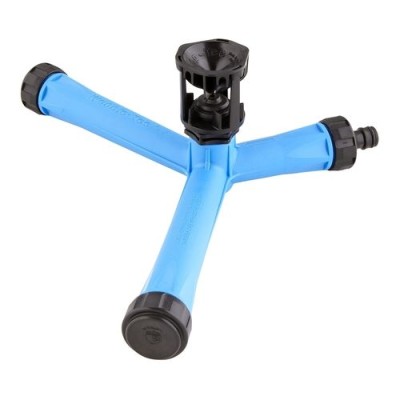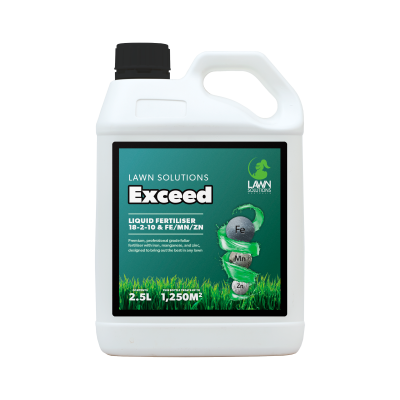Couch Mites can be the pest that stops your lawn from being the best it can be.
Couch Mites| Aceria cynodoniensis
These tiny pests can only be seen under a microscope, but if present, their damage can be seen every time you look at your lawn.
A couch mite effected lawn will have the growing point of the leaves looking like a “witches’ broom.”

What you are looking for is a deformed leaf blade, which can appear as a boil like shape on the internode. The turf appears bunched up and as a result you cannot get that professional turf appearance you are after, even if you are using a cylinder mower.
Couch Mites are most prevalent just after a renovation or during peak growth times of the year. The life cycle is short, can be 10 to 14 days so population numbers can build quickly when conditions are suitable. Optimal temperature for couch mite damage is 26 degrees, making them a common problem in Summer in many warm season turf varieties, not just couch.
Couch Mite damage may look like the image below. The grass surface is bunched, and bare patches will be created if not treated. Notice how the area is brown with lime green to brown dead leaves.

Couch Mites will cripple turf recovery, as they feed, they inject toxins into the plant. The mites can be controlled but toxin remains within the plant.
Once physical damaged is observed (witches’ broom) the pest can be controlled quickly with miticide treatment, but damage can take a long time to recover – potentially all summer.

Image: Couch mite damage in kikuyu grass
Applying Miticides
Couch Mites are small and live between the new growing tips of the turf leaves.
For the best control, apply the miticide with a liberal coverage but using a very fine nozzle, for conventional sprayers turn the nozzle tip till it is at its finest and then apply.
- Application must have good coverage of leaves, foliage and crown of the plant to assist with the best chance of contacting mites therefore controlling due to where mites live.
- The addition of a non-ionic surfactant like Agral Spray Adjuvant will aid in ensuring the miticide penetrates.
Go over the entire lawn a couple of times to ensure you have got good coverage. Apply 10-20 ml of product in 3- 5 Litres of water over 100sqm in accordance with the label. Make sure you read the miticide label thoroughly before applying.
Miticides like Agador target the adults and nymph stage of the life cycle in which they spend 90% of their life, giving greater opportunity for effective control.
One application will effectively control 1 life cycle with around a 12-day residual. Repeat application 14 days afterwards maybe required in high pressure situations.
*Miticides are classed as group 6 insecticides, so unless you have the relevant training and certification it is best to get a professional in to apply these products for you.*
Important miticide application notes
- Do not apply to turf under heat or moisture stress
- Do not apply if rainfall is imminent
- Do not apply under slow drying conditions
- Do not mix with other fertilisers
- Apply by ground boom sprayer or low-pressure hand wand only
- Do not apply with a nozzle height greater than 50cm above the ground
Treatment Steps
- Apply a miticide such as Agador to kill the couch mites
- Lower the mowing height to remove the damaged leaves if possible.
- Fertilise the area to encourage new growth
- Do NOT allow the turf to dry out, Mites prefer dry turf to well irrigated.
- Miticide should be re applied 2 weeks after 1st application to ensure the mites stay away.
Couch Mites Prevention
If couch mite damage occurs, additional inputs like water, fertiliser and other protection products are required to aid grass recovery. For this reason, preventative treatments with a miticide are recommended rather than treating and repairing an already infested lawn.
Controlling couch mites and bringing your turf back to full health will take time.
The ideal time to treat couch mites in a preventative manner is just prior to a renovation. This will protect the plants prior to them going under stress, this will aid in quicker recovery requiring less inputs.
Or twice a year late spring and mid-summer application as preventatives.
By looking out for the signs and being proactive with early treatment, you will have a better-looking lawn by controlling one of the most destructive warms season grass pests.


